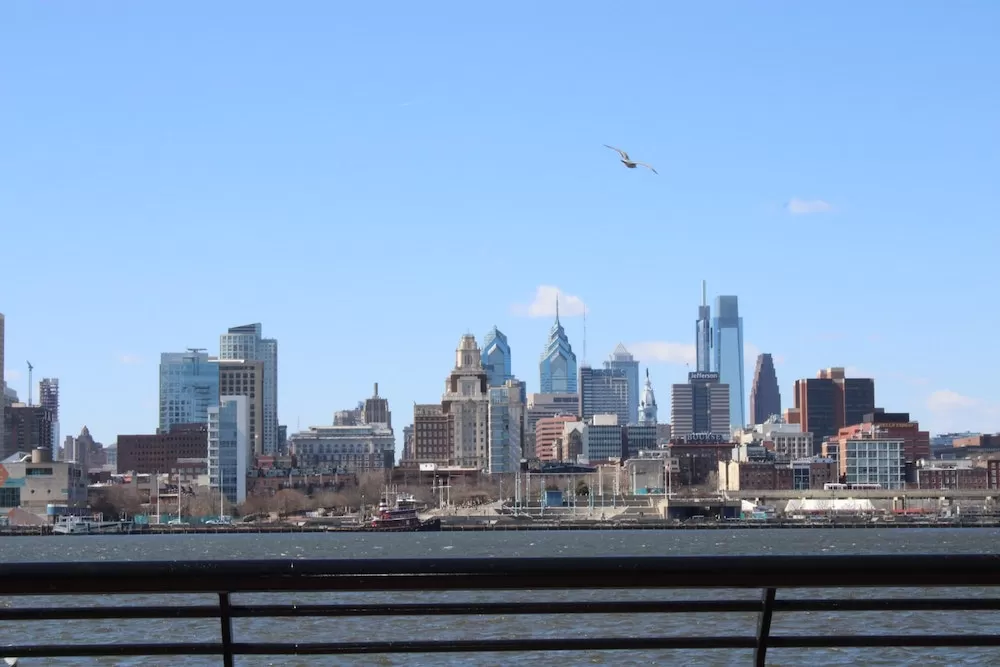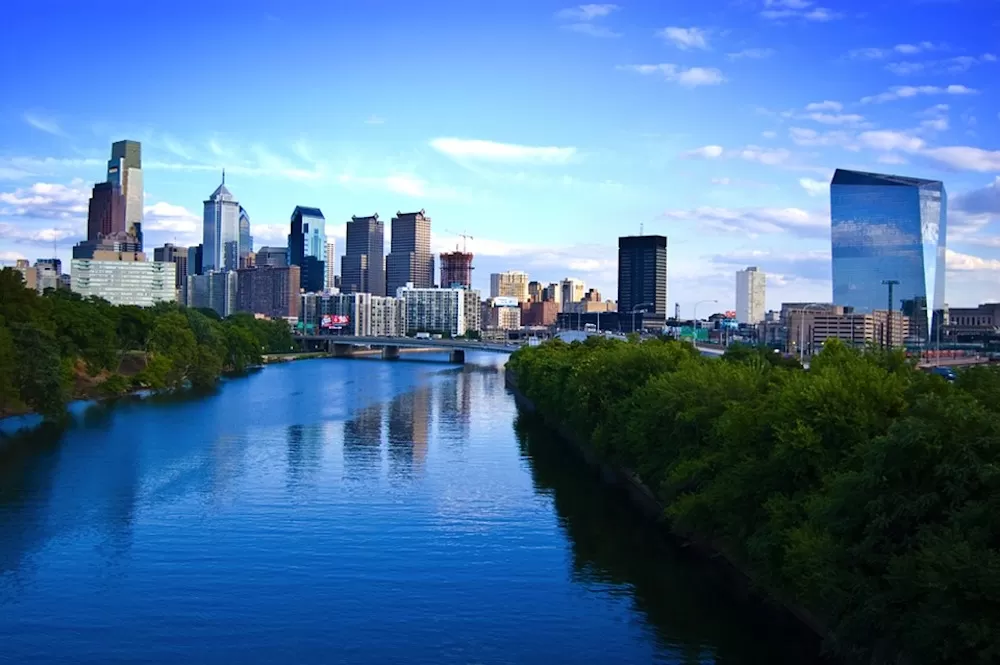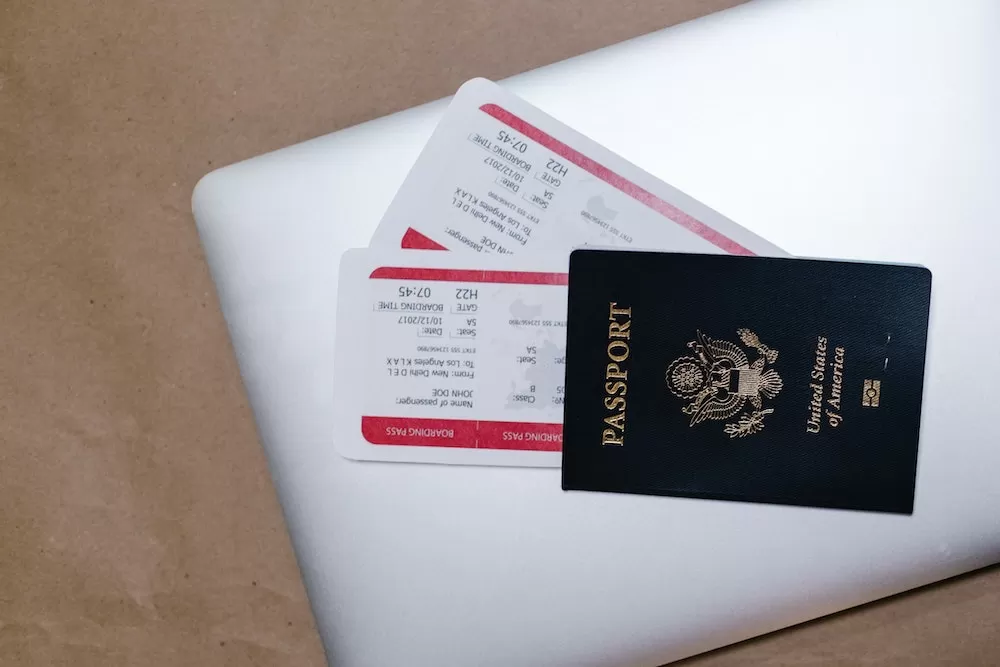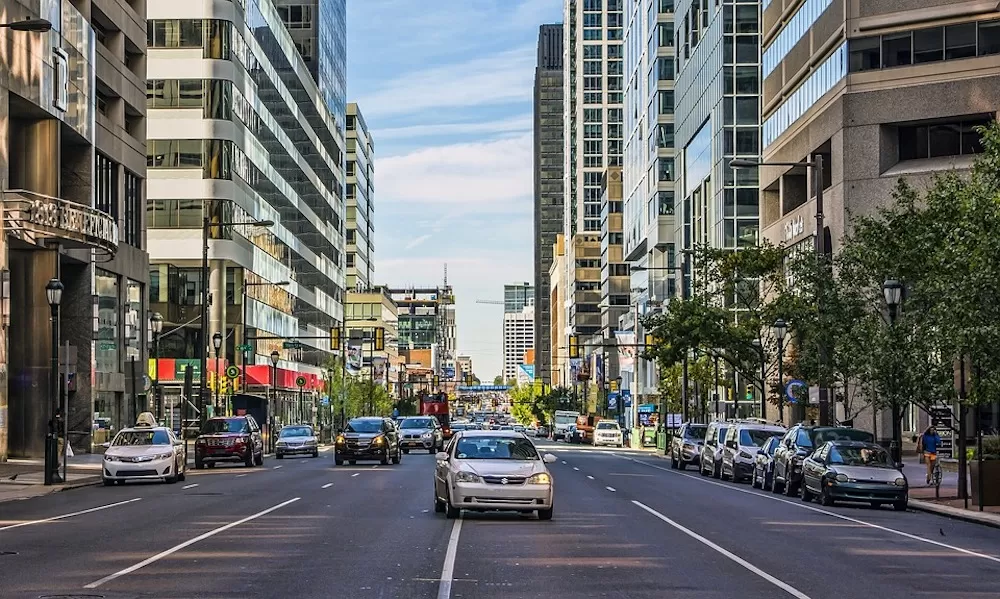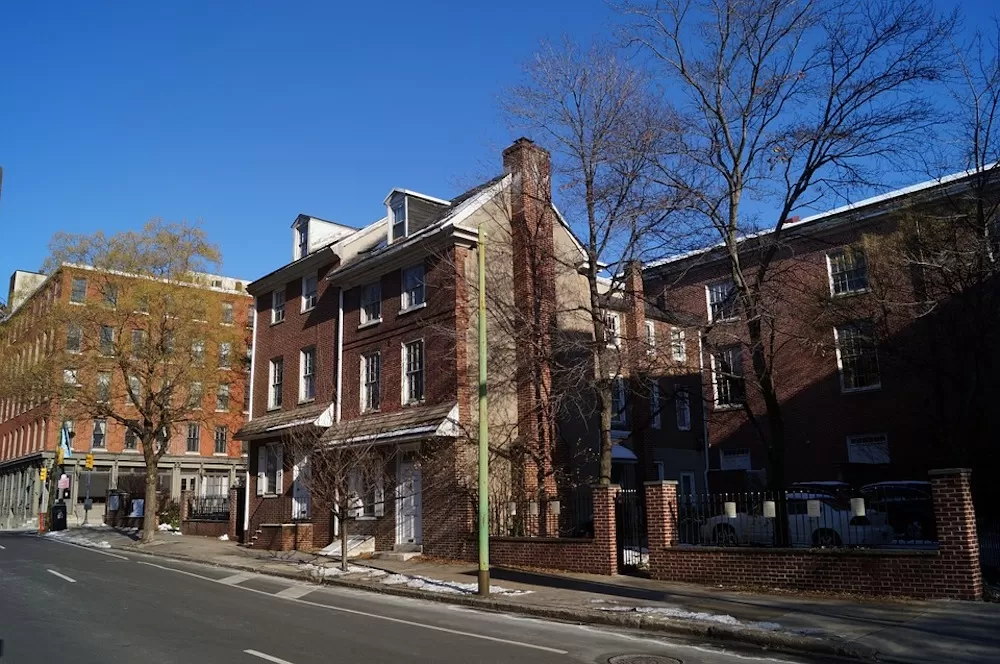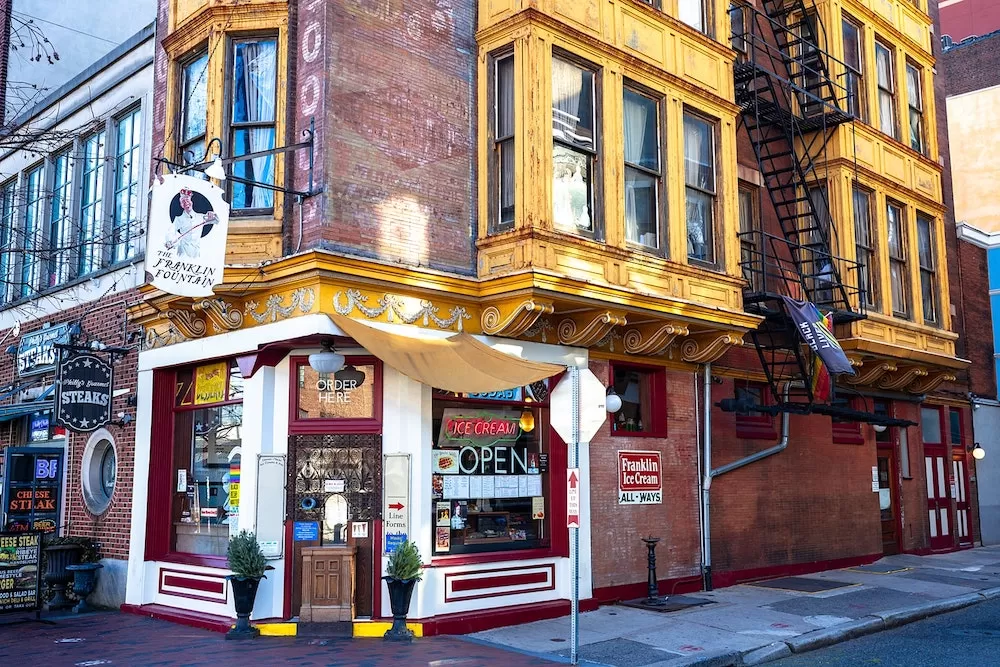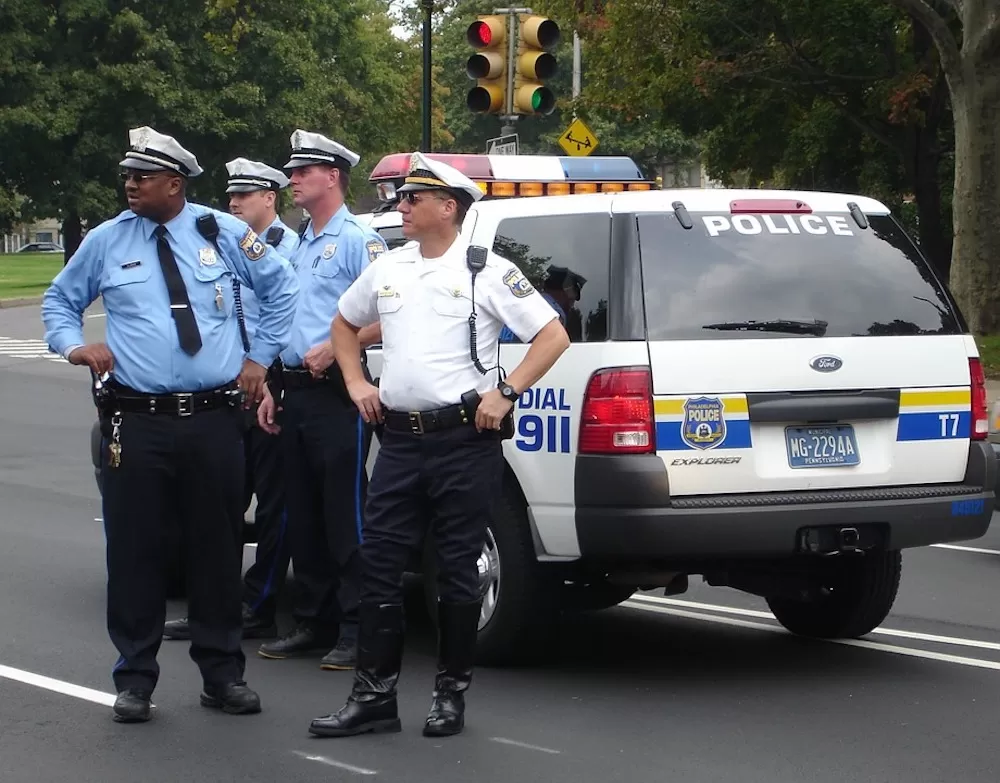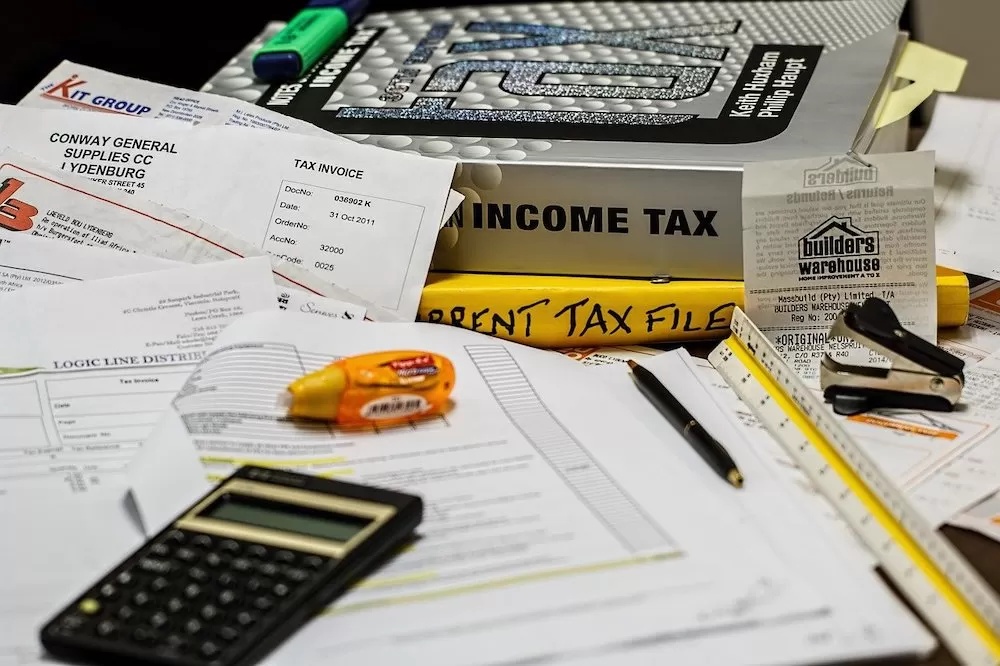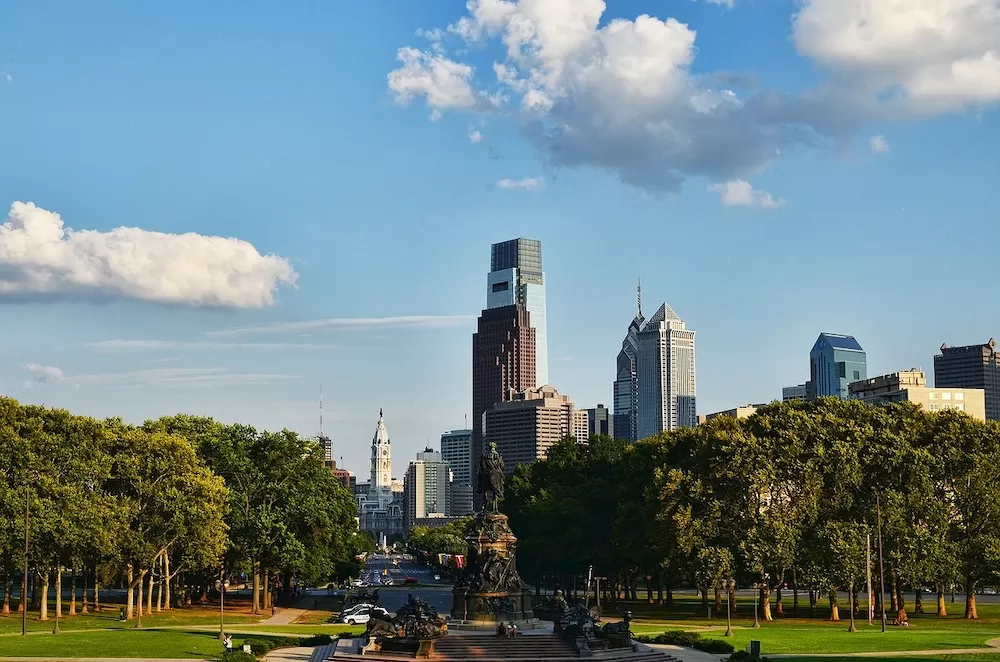American cities truly pack a punch, don't they? There's New York City with its definitive urban setting. There's Los Angeles where Hollywood reigns supreme. And the District of Columbia, the US capital and the seat of power of the most influential country in the world. Although there are countless American cities, there are those that stand out due to their history, heritage, and influence.
Philadelphia is undoubtedly one among them even. Regarded as the birthplace of America, it's a major metropolis worth knowing about, especially if you'll get to relocate here. Moving to Philadelphia isn't a bad idea, even more so once you have a better understanding of what this place is all about.
Reasons to Move to Philadelphia
There are many reasons to move to Philadelphia, including
- The fairly affordable living costs.
- The diverse neighborhoods.
- The many job opportunities.
- The prestigious schools.
- The important history.
- The proximity to other major East Coast cities
Is Philadelphia a Good Place to Live?
Yes, it is. For one thing, it's a major business hub that offers several job opportunities. If you're looking for work, you have better chances of finding it here compared to smaller cities in the US. At the same time, Philadelphia is also a cultural hub; the birthplace of America. Any history buff will want to live in such a significant city!
Overview of Philadelphia
Philadelphia is among the biggest cities in the US. Its current population is over 1.522 million and encompasses 142.71 square miles (369.62 km2), making it the sixth largest city in the country. Located in Pennsylvania on the East Coast, Philadelphia is widely regarded as the “Birthplace of America” since this was where the founding fathers signed the Declaration of Independence. Its location also lets it experience all four seasons. The city's hottest month is July with an average temperature of about 79°F (26°C) while its coldest month is January with an average temperature of 36°F (2°C).
What to Do in Philadelphia
With a city as big and historic as this, it's no surprise that there are lots to
do in Philadelphia. For one thing, you can unleash your inner history buff and see the important historic sites in the city. Check out Independence Hall, the Liberty Bell, the Betsy Ross House, and the ruins of the first-ever and former American presidential residence. If you prefer a more stimulating activity, head on out to Schuylkill River, where you can row boats and go on kayaks. Eating the iconic Philly Cheesesteak is an absolute must, especially if you're moving to Philadelphia and want to get more local along the way.
Philadelphia's Best Restaurants
Though it's far from what many would consider as a food capital, there are still
many great restaurants in Philadelphia. It's as much a haven for foodies as New York City and Los Angeles are. Take Friday Saturday Sunday, for example, which is a popular hotspot where American cuisine reigns supreme. It feels fitting that gourmet chef Chad Williams whips up a true-blue American menu in the city where the country first declared its independence. If you're craving foreign food, on the other hand, say sushi, then Hiroki is the place for you. No other place captures the East Asian country's flavor quite like this one!
Source: Wikimedia Commons
Visa for Philadelphia
Nowadays, the US is pretty strict regarding borders and its immigration process. Depending on where you're coming from, you will need to get a
US Visa just to gain entry to the country. And since you're moving to Philadelphia, you'll need to apply for an immigrant visa. The US government issues specific kinds of immigrant visas to those who are planning to work, study, or stay with family in the country. You must get the right visa that will then allow you to stay in the country for a long time. Hopefully, after a few years, you'll be eligible for a Green Card, which grants legal residency to foreigners staying in the country.
Do I Need to Get a Visa for Philadelphia?
The short answer is yes, you do. Though some countries that are eligible for the
ESTA Visa Waiver Program can get into the US without a visa, that’s just for tourism purposes. If you’re moving to Philadelphia altogether, you need to get the right immigrant US Visa.
Source: Wikimedia Commons
Getting Around in Philadelphia
Since it's such an urban city,
public transport in Philadelphia is alive and well. Just like in other major American cities, it has its own public transit system, countless buses, taxis, and more. Although one would think that the public transit system would be the most popular among the rest, more Philadelphians prefer to ride buses to get to where they need to be. It helps that, unlike the underground metro, the city buses operate until the late hours of the night. The night buses are called 'Night Owl' and they run 24/7.
How to Get Around Philadelphia
As already mentioned, Philadelphia's public transport is efficient enough that you can get around the city through various modes of transportation. You can take the metro, ride the bus, hail a taxi, and more. To commute a lot easier, get a SEPTA Key card as well. This is a reloadable smart card that lets you access the city's public transport systems with just a tap. You don't have to go in a queue to buy a ticket to ride the metro, bus, and the like.
Is Philadelphia a Walkable City?
Yes, it is. USA Today even named it as the “Most Walkable City in the US” in 2023. That alone ought to be enough to encourage you to go on strolls in Philadelphia. But if you need to get to where you need to be quickly and the public transport systems are all too crowded, you can always use a
transportation app. Popular programs like Uber and Lyft operate in Philadelphia.
Source: Wikimedia Commons
Where to Live in Philadelphia
One of the first things you need to do upon moving to Philadelphia is to choose where you'll stay. You ought to have done this even before you got to the city. The
neighborhoods in Philadelphia are pretty different from each other. Some are livelier and more urban, while others are peaceful and suburban. The area you choose has to fit your current situation, lifestyle, vibe, preferences, and more.
Where to Stay in Philadelphia
Old City, Rittenhouse Square, Fairmount, Chestnut Hill, and Overbrook are some of the best places to stay in Philadelphia. Though they're unique and fairly different from each other, there's no denying that they're among the most popular areas too. Old City and Rittenhouse Square, for example, capture the urban spirit of Philadelphia. They're where you'll want to be if you want to stay close to all the action. Chestnut Hill and Overbrook, on the other hand, are the more peaceful parts of town. They're perfect for raising a family in this big city.
Where to Live in Philadelphia with Family
If you're moving to Philadelphia with the whole family consider settling down in Chestnut Hill, the Northern Liberties, Bella Vista, or Overbrook. These are the best areas for families in the city. They're peaceful, close to good schools, and generally safe parts of town.
Source: Wikimedia Commons
Living Costs in Philadelphia
Generally speaking,
Philadelphia's living costs aren't that bad. They're not so low that you can call the city cheap, but they're not as high as those in other major American cities either. Numbeo points out that a single adult spends about $1,236.90 per month on top of their rent in Philadelphia. A family of four, on the other hand, spends around $4,428.60 per month on top of their rent too.
How Much Does it Cost to Live in Philadelphia?
Another good way to gauge just how expensive it is to live in a city is to check out its common monthly rental fees. It will cost you a minimum of $1,100.00 to a maximum of $3,000.00 to
rent a luxury apartment in Philadelphia. These are fairly common as far as big metropolises go, but they're also considerably lower compared to the common rental prices in New York City, Los Angeles, Chicago, Boston, and more.
Is it Expensive to Live in Philadelphia?
Instead of “expensive,” it’s more accurate to say that it’s rather “pricey” to live in Philadelphia. It’s by no means cheap to have a comfortable life here, but it’s not as expensive as other major cities in the US.
Source: Wikimedia Commons
Employment in Philadelphia
The
US job market is currently enjoying a fairly low 3.7% unemployment rate and 60.3% employment rate, which means it's pretty stable now. This is good news for those moving to Philadelphia to look for work. Since it's a big city, there are more job opportunities here compared to other parts of Pennsylvania. At the same time, the city's biggest economic sectors include manufacturing, oil refining, telecommunications, financial services, healthcare, and tourism. If your field is any of these, you'll have better chances of landing employment in Philadelphia.
Philadelphia Employment Rate
Philadelphia currently has an employment rate of 71% and an unemployment rate of 3.40%. This shows that things are looking up for the historic city and it might be easy to find a job here.
Employment Agencies in Philadelphia, PA
A common way to
find a job in the US, especially in big cities, is to rely on employment agencies. These companies help people find employment, searching for the right companies and positions based on their clients' skills, talents, and experience. Fortunately, there are many employment agencies in Philadelphia, PA. The Atlantic Group - Recruiting Agency, Contemporary Staffing Solutions, and Motion Recruitment are some that you need to take note of the next time you're looking for a job in the city.
Source: Wikimedia Commons
Education in Philadelphia
Moving to Philadelphia might just be the best decision you'll ever make for your kids. It's not far-fetched to say that the entire city is one big educational hub. Philadelphia does not lack when it comes to quality education. The city has its fair share of prominent schools, welcoming both local and expat students to learn and grow. And since Philadelphia is also filled with historic monuments, significant places in American history, and the like, students have a treasure trove of resources to learn more about the country and its heritage.
What Schools are in Philadelphia?
Notably, the
finest schools in the Philadelphia include the University of Pennsylvania (for higher education), Penn Alexander School, and the Greenberg Joseph School, among many others. These are great to consider enrolling your kids in! The city's aforementioned university is even among the most prestigious in the country, right behind the iconic Ivy League Schools.
Source: Wikimedia Commons
Healthcare in Philadelphia
Now, how about healthcare? Well, since healthcare remains a hot political issue in the US, it's no surprise that a lot of people, both locals and expats alike, worry about it.
American healthcare remains optional in the general sense, seeing as there's no universal system in place. And there's no telling whether the Affordable Care Act will remain in place for as long as many wish. Nevertheless, it pays to have some sort of coverage. If you can afford it, it's better to go for private medical insurance. This grants you access to a lot more hospitals and better (albeit pricier) premiums.
What Hospitals are in Philadelphia?
The
most prominent hospitals in Philadelphia will ensure that everyone gets well taken care of no matter what. The likes of the Penn Presbyterian Medical Center and the Hospital of the University of Pennsylvania are notable, not just in the city, but in the entire country as well! They all provide excellent service, are staffed with some of the finest medical experts and professionals, and boast state-of-the-art facilities and equipment too!
Source: Wikimedia Commons
Safety in Philadelphia
The worst thing about moving to Philadelphia is facing its crime rates. As great of a city as it is,
Philadelphia's crime rates are quite high. Currently, its general crime rate is 78.25%, one of the highest in the country. That alone is a cause for concern, especially if you're relocating to the city with your kids. Should you not move here, then? Well, hold your horses. Despite how bleak it may seem, Philadelphia is still a great city. Its current safety rate is 57.97% during the day, which means it's not all bad here.
How Dangerous is Philadelphia?
If its general crime rate isn't enough to warn about how dangerous Philadelphia can get, perhaps its rate of increasing crimes will. As of this writing, the city's rate of increasing crimes is 75.70%, which is considered high. It only goes to show that you'd do well to be more careful here!
Is Philadelphia Safe at Night?
No, unfortunately, it's not. Philadelphia's current safety rate at night is only 28.99%, among the lowest in the country. Though the city has many great nightlife spots, you'd do well not to go out a lot if you can.
Areas to Avoid in Philadelphia
Overall, Philadelphia isn't a dangerous city. Though its crime rates leave a lot to be desired, most causes for concern are the areas you'd do well to avoid, such as Hunting Park, Fairhill, Harrowgate, and Tioga-Nicetown, among many others. These are what contribute to the city's high crime rates.
Source: Wikimedia Commons
Taxes in Philadelphia
There's also the
American tax system you have to keep in mind. This country is quite strict with its taxes, so if you're moving to Philadelphia, especially from another country, you have to know how the system works. In a nutshell, as an employed resident of the city, all you have to remember is that the US imposes three main taxes: income, property, and sales. Your income tax rate, for example, depends on how much you earn per year. The higher your annual gross income, the higher your income tax rate is. If you buy a property here, you'll also have to pay Estate and Property taxes. And, of course, there's the sales tax, which is a flat 8% in Pennsylvania.
Are Taxes High in Philadelphia?
Not necessarily. Or rather, they're not comparatively higher compared to taxes in other parts of the country. The only considerably higher taxes here are property taxes, but this is thanks in large part to the fact that real estate values in Philadelphia are getting higher as well.
Source: Wikimedia Commons
Relocation Tips for Philadelphia
Here are a few important relocation tips to remember when settling down in Philadelphia.
- Brush up on
American social norm examples to know how to act with locals.
- Open a
local American bank account. Even better if you do it before you get to the city.
- Join a local
American mobile network and get a SIM card for your phone.
- Always follow proper
American business etiquette at work.
- Memorize your daily public transport route as soon as possible.
- Despite how affordable it is, it's always better to budget wisely.
- Remember to pack thick winter gear.
- Learn some “Philly Speak” to better localize yourself in the city.
- Eat moderately, especially when it comes to classic Philly snacks.
Source: Wikimedia Commons
If you're moving to Philadelphia anytime soon, you'd do well to let this relocation guide help you. It offers all the basics of what you need to know about moving to this big city and starting a brand new life here.
